Have you been diagnosed with recurrent breast cancer after mastectomy? Are you concerned about the symptoms of recurrence and survival rates? It’s a distressing journey, but you’re not alone. Research indicates that few patients experience a recurrence post mastectomy. This highlights the pressing need for specialized care and expert guidance.
Dr. Garvit Chitkara, an acclaimed breast cancer surgeon in Mumbai, understands patients’ concerns. From mastectomy to post-mastectomy care, he offers comprehensive solutions tailored to individual needs.
He is dedicated to providing patients with the knowledge they need to understand breast cancer recurrence symptoms and explore treatment options. With Dr. Chitkara’s guidance and expertise in breast cancer surgery in Mumbai, you can navigate the challenging journey of recurrent breast cancer post mastectomy with confidence.
Keep reading to learn about recurrent breast cancer, treatments, survival rates and more.
Can Breast Cancer Return After Mastectomy?
Breast cancer can return even after a mastectomy. Although a mastectomy removes the breast tissue where cancer initially developed, there is still a possibility that cancer cells could reappear in the chest wall, lymph nodes, or other body parts.
The likelihood of recurrence can be influenced by factors such as:
- the stage of cancer at the time of mastectomy
- tumor characteristics
- the effectiveness of prior treatments
It is important to stay proactive and work closely with your medical team to reduce the risk and address any concerns promptly.
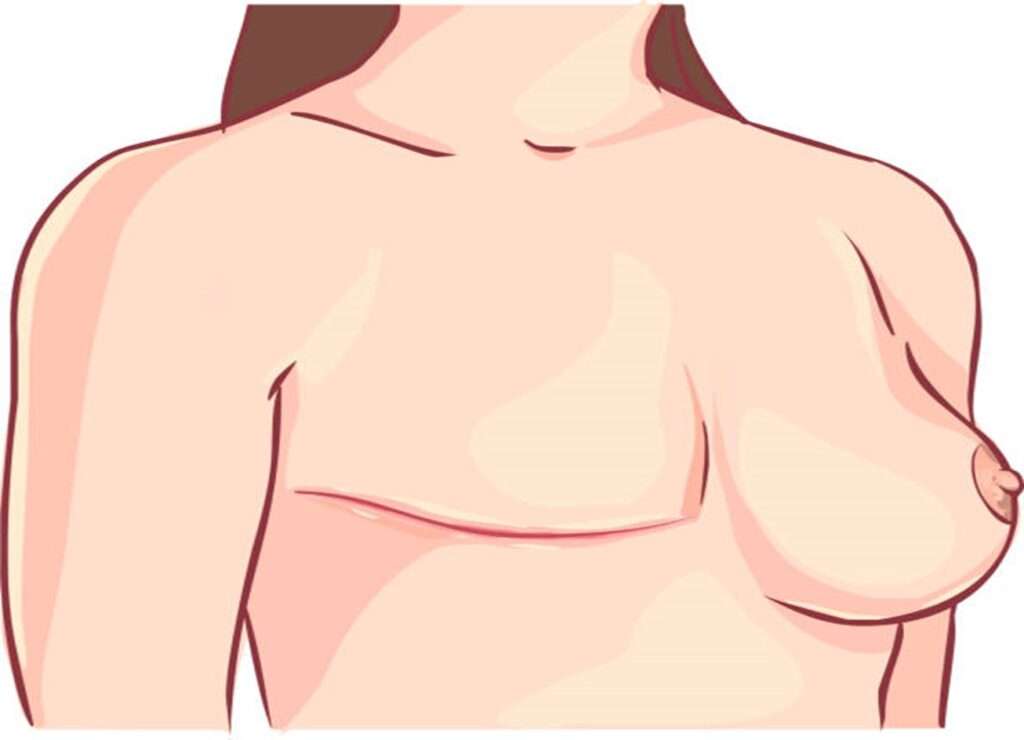
Take action today to reduce your risk of recurrence. Consult experienced breast cancer specialists for personalized guidance.
What are the Chances of Cancer Coming Back After Mastectomy?
The chances of breast cancer recurrence after mastectomy vary from patient to patient. The breast cancer recurrence rate depends on several factors, including:
- stage of cancer
- tumor size
- lymph node involvement
- hormone receptor status
- genetic predispositions

“Your oncologist will evaluate these factors and your overall health to provide personalized guidance and surveillance. Regular check-ups are crucial for early detection and timely intervention if needed”, Says Dr. Garvit Chitkara.
What is the Survival Rate for Recurrent Breast Cancer Post Mastectomy?
The recurrent breast cancer survival rate varies depending on various factors. These include the stage of cancer, treatment received, and the patient’s overall health. However, studies show that the recurrent breast cancer survival rate vary from patient to patient and one must understand that the survival rates are always population based data and not indivual patient specific data.
With advancements in breast cancer treatment and personalized care, many patients have achieved better outcomes and prolonged survival even after recurrence. This underscores the importance of consulting a specialist who can assess your unique situation and recommend the most effective course of action tailored to your needs. Dr. Garvit Chitkara, a seasoned breast cancer surgeon in Mumbai, can guide you through customized treatment options, enhancing your chances of long-term survival.
How Often Should I Undergo Follow-Up Screenings After Mastectomy to Monitor for Recurrence?
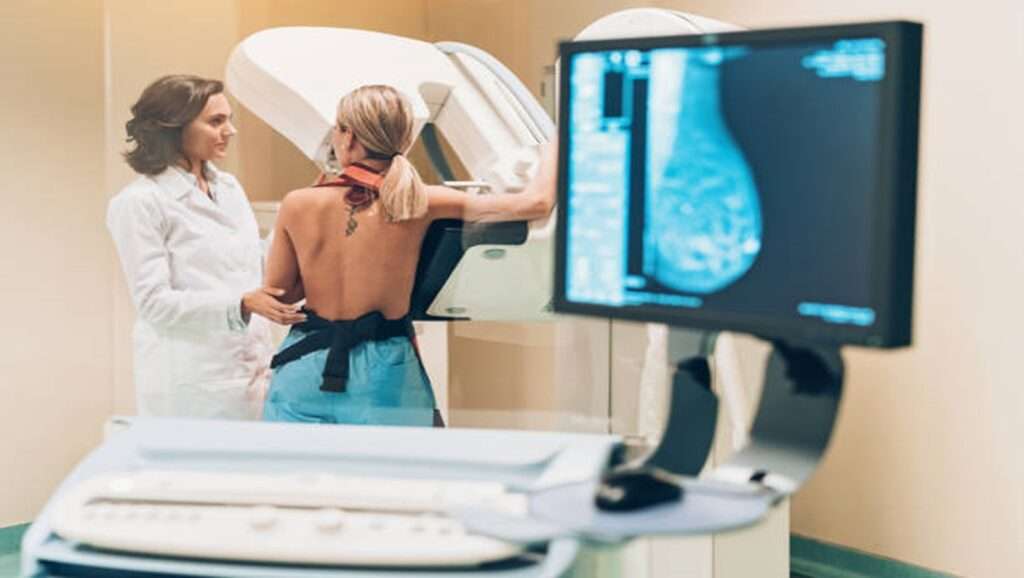
After mastectomy, regular follow-up screenings are crucial for monitoring recurrence.
Typically, you should schedule follow-up appointments every 3 to 6 months in the first few years post-mastectomy.
Your oncologist may recommend more frequent screenings if you have a higher risk of recurrence or specific concerns. These screenings often include:
- physical exams
- imaging tests like Mammograms or MRIs
Early detection through regular screenings can improve outcomes by catching any recurrence early.
Schedule your follow-up screening today and stay ahead of breast cancer recurrence.
Treatment Options for Recurrent Breast Cancer After Mastectomy
Treatment for recurrent breast cancer after mastectomy depends on several factors, including:
- the location and extent of the recurrence
- the individual’s overall health and preferences
- Surgery:
If the cancer is confined to one area (localized) and has not spread to other body parts, surgery may be an option to remove the recurrent tumor. This may involve removing additional tissue around the original tumor site. Another surgical approach may include removing the other breast through a mastectomy if the cancer has spread to it.
- Lymph Node Dissection:
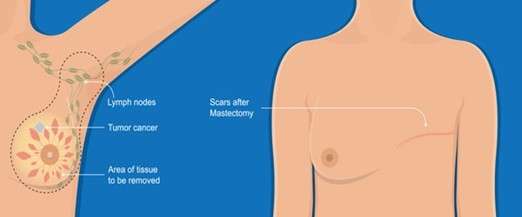
If cancer has spread to nearby lymph nodes, removal of these nodes may be necessary to prevent further spread.
- Chemotherapy:
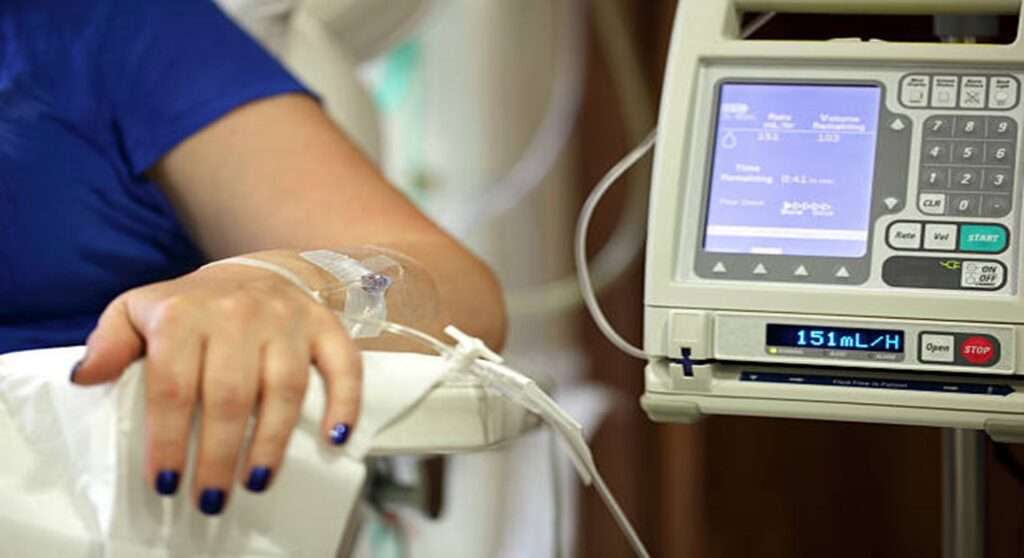
This treatment involves medications that target and destroy cancer cells throughout the body.
- Radiation therapy:
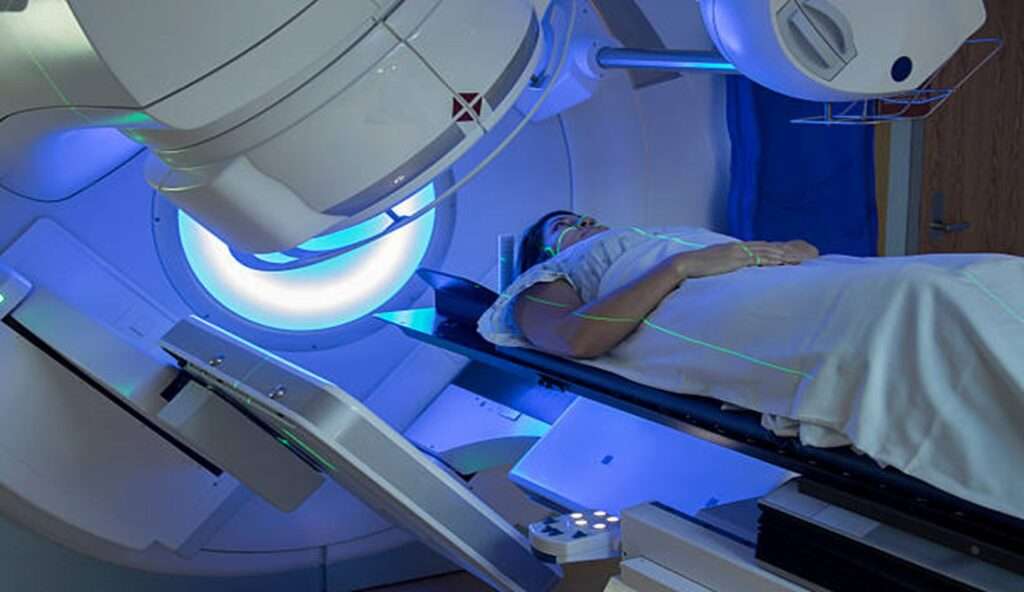
This therapy uses high-energy rays to target and kill cancer cells and shrink tumors.
- Hormone therapy:
It involves medications that block hormones fueling cancer growth in hormone receptor-positive cancers.
- Targeted therapy:
It utilizes drugs that target specific abnormalities in cancer cells. It also disrupts their growth and spread.
- Immunotherapy:
This treatment harnesses the power of the body’s immune system to fight off cancer cells. It works by boosting the body’s natural defences against cancer cells.
These treatment options are often combined and tailored to individual needs. They can combat recurrent breast cancer effectively.
Ready to explore your treatment options? Connect with skilled breast cancer doctors for compassionate care and expert guidance.
Conclusion
Dr. Garvit Chitkara, a reputable breast cancer surgeon in Mumbai, is here to offer expert care and support at every step of the way. With the latest treatment options and personalized care plans, there is always hope for an optimistic future, even in cases of recurrent breast cancer.
Stay informed and proactive; remember, you are not alone in this fight.
Find answers to common queries on recurrent breast cancer after mastectomy.
Frequently Asked Questions:
1. What are the common causes of recurrent breast cancer after mastectomy?
Recurrent breast cancer after mastectomy can occur due to:
- residual cancer cells left behind during the initial surgery
- development of new cancerous growths over time
2. How can I recognize breast cancer recurrence symptoms?
Look out for symptoms such as:
- a new lump or mass in the breast or chest wall
- changes in breast shape or size
- persistent pain or unexplained swelling
3. Are there any preventive measures that can help reduce the risk of recurrent breast cancer?
While no guarantees exist, maintaining a healthy lifestyle, attending regular follow-up appointments, and adhering to prescribed treatment plans and maintain a healthy body weight can help reduce the risk of recurrence.
4. What diagnostic procedures are used to confirm recurrence?
To confirm the recurrence of breast cancer, experts conduct several diagnostic procedures. These include Mammograms, MRIs, PET scans, and biopsies.
5. What is the breast cancer recurrence rate after mastectomy?
The breast cancer recurrence rate after mastectomy varies but can range from 5% to 30%. It depends on various factors, such as tumor characteristics and treatment received.
6. What is the recurrent breast cancer survival rate?
According to studies, the survival rate for recurrent breast cancer can range from 20% to 40%. The survival rate depends on several factors, such as:
- the extent of the cancer recurrence
- the patient’s response to treatment and overall health
Your medical team can provide personalized prognoses based on your case.
Reference links:
https://my.clevelandclinic.org/health/diseases/8328-breast-cancer-recurrence
https://www.mayoclinic.org/diseases-conditions/recurrent-breast-cancer/symptoms-causes/syc-20377135

